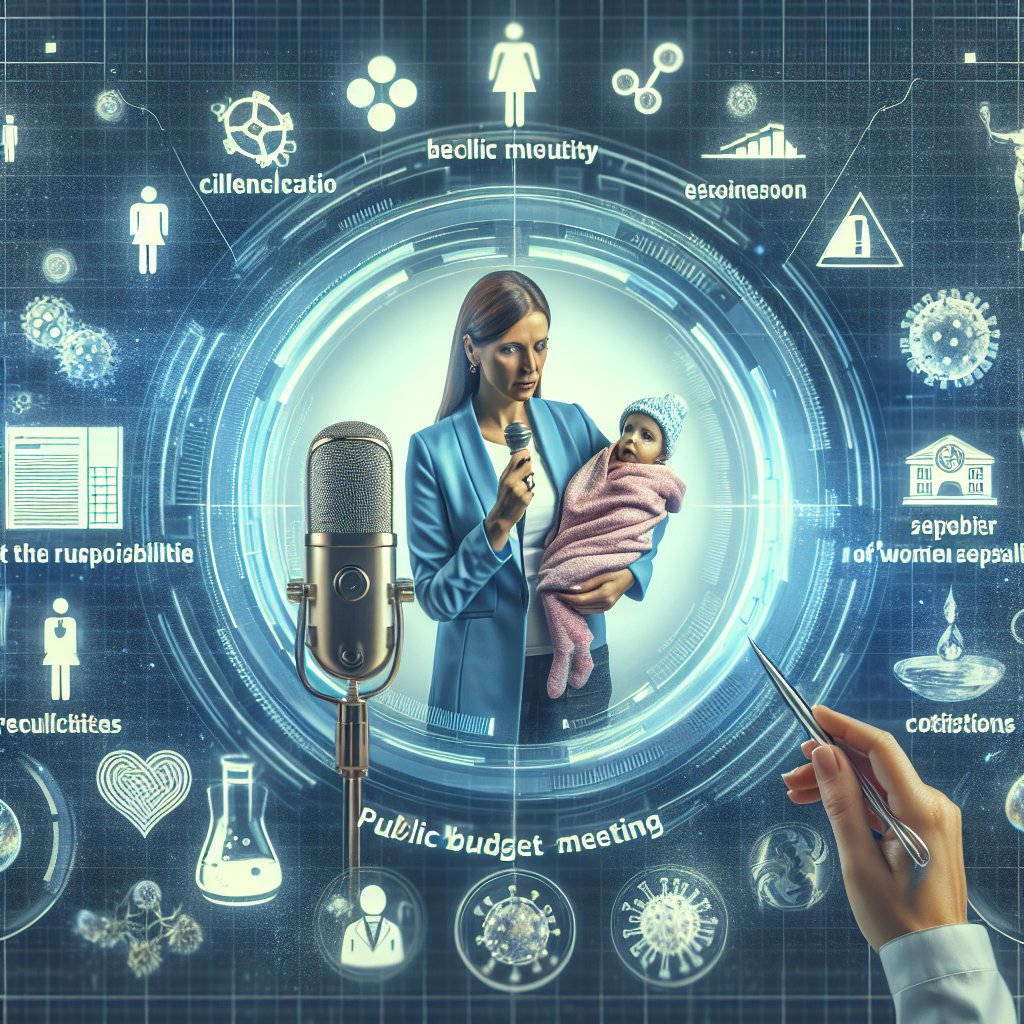Image created by AI
The Dilemma of Feminism and Public Shaming in South Africa's EFF
A stark incongruity has come to light within the Economic Freedom Fighters (EFF), a political party in South Africa known for its vocal advocacy of feminist principles. Naledi Chirwa, an EFF member of Parliament and a young mother, became the center of controversy after being reprimanded for missing a parliamentary session due to her child's illness. The subsequent demand for a public apology illuminates deep-seated issues regarding women's rights and organizational empathy within the EFF’s ranks.
Chirwa's situation, which unfolded as she juggled responsibilities of motherhood and her parliamentary role, has brought attention not only to her personal plight but also to a larger critique of the party's adherence to its professed feminist ideology. Strikingly, Chirwa herself once proclaimed on social media that the EFF was an unapologetic feminist organization. Her words from 2019 praised the party for its assertion of feminist discourse and gender mainstreaming starting from the education system.
The discord between the party's public stance and its treatment of a member in a vulnerable position challenges the credibility of its feminist assertions. The act of mandating a public apology, as Chirwa was instructed to do, is at odds with the party's supposed commitment to gender equality and combatting unfair discrimination, especially within the workplace. Such values are at the heart of gender mainstreaming policies of public sector entities and are championed by bodies like the Commission for Gender Equality in South Africa.
This incident has not only caused a ripple within feminist and political circles; it has struck a chord with a broader audience who recognizes the underlying principle of protecting the dignity of working women, particularly mothers, in demanding professions. The public shaming of Chirwa also casts a shadow over the observance of International Women's Day and what it represents for women's rights and support systems within professional settings. It presents a blatant contrast to the measures that aim to alleviate the double burden faced by women who are both primary caregivers and active players in the workforce.
The reaction to Chirwa's public apology and the EFF's seemingly uncompromising stance reveals a critical gap between policy and practice. The organization's actions undermine the very concept of a nurturing work environment that respects the balance between parental responsibilities and work commitments. Moreover, such a response by the EFF fails to reflect the empathetic approach vital to any institution that genuinely supports gender mainstreaming and the recognition of unique pressures faced by mothers.
This is not merely a domestic party issue; it is a reflective moment for society at large to reassess the support systems in place for working women. The divergent paths of claiming to uphold feminist ideals while engaging in public censure of a mother prioritizing her child's health are irreconcilable. It is a call for a broader dialogue and sincere introspection on how workplaces can genuinely accommodate and empower women, especially in their roles as mothers, without fear of retribution or stigma.
The EFF’s approach in this instance stands as a cautionary depiction of the complexities surrounding feminist discourse within the political landscape. It propels the conversation around the necessity for true gender equality and the embodiment of feminist values, not just in rhetoric but also in action. Public shaming as a means of internal discipline starkly contradicts efforts aimed at gender sensitization and equality, thus rendering the EFF’s handling of Chirwa's situation emblematic of how not to support women in politics or any workplace.
As the dust settles on this episode, it may serve as a learning opportunity for the EFF and other institutions to align their actions with their asserted commitments to feminism and gender equality. One can only hope it will also lead to a broader societal introspection about the real conditions and challenges faced by women, prompting actions that validate and not vilify them during personal crises.
